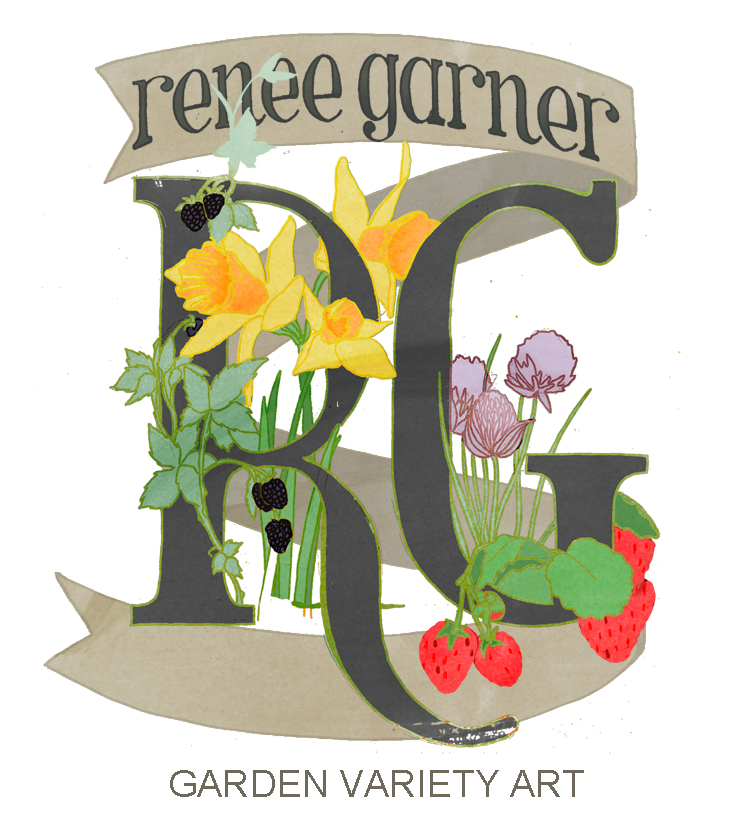 In all of the wonder and amazement of how organic has been commodified and turned into a difficult movement of complexities for the rich, I'm amazed that we feel chemical alternatives are so much "easier". So easy, in fact, that the corporations that push them seem to be confused at what's acceptable themselves.
In all of the wonder and amazement of how organic has been commodified and turned into a difficult movement of complexities for the rich, I'm amazed that we feel chemical alternatives are so much "easier". So easy, in fact, that the corporations that push them seem to be confused at what's acceptable themselves.EPA Orders Scotts to Stop Selling Certain Pesticides
I had Rodale's Organic Encyclopedia for 7 or 8 years before I got beyond the number of pages. I used it as a reference and fearfully tended my plants, worried about nutrient balance and bugs galore. It was daunting and seemingly complicated. Then one day I stumbled onto You Grow Girl (thanks to slow day jobs and a growing boredom with crossword puzzles), bought the book and have been digging ever since. And I've learned that it is easy. That the plants that I like will survive and not wage war against my sore muscles. They'll thrive with the proper attention.
It was easy and life changing in the most literal of ways. And ever since, I've grown to realize that the simplest of methods, the ones without too much fretting, are the best approach for me, and often, coincidentally, for the earth.
All of these things that are hip and trendy status symbols, are really just the old timey way of doing things. Keeping things frugal easily equates to living locally. Fresh, local milk, cheese and butter without all the additives has not always been gourmet.
Slow Food? There is nothing slower than waiting for my non-certifiably organic tomatoes to ripen in the garden. I swear.

Reader's Digest put Homemade out originally with a red gingham cover, no mention of green. The new version will appeal to all sorts of treehuggers for sure, but what it boils down to is a book of simple recipes that I can't help but think were passed down by frugal, resourceful farmhouses.
Are we moving back towards the local economy? I'd love to have my bed upstairs and a general store downstairs a la the Olesons (though not so uptight, I think).
